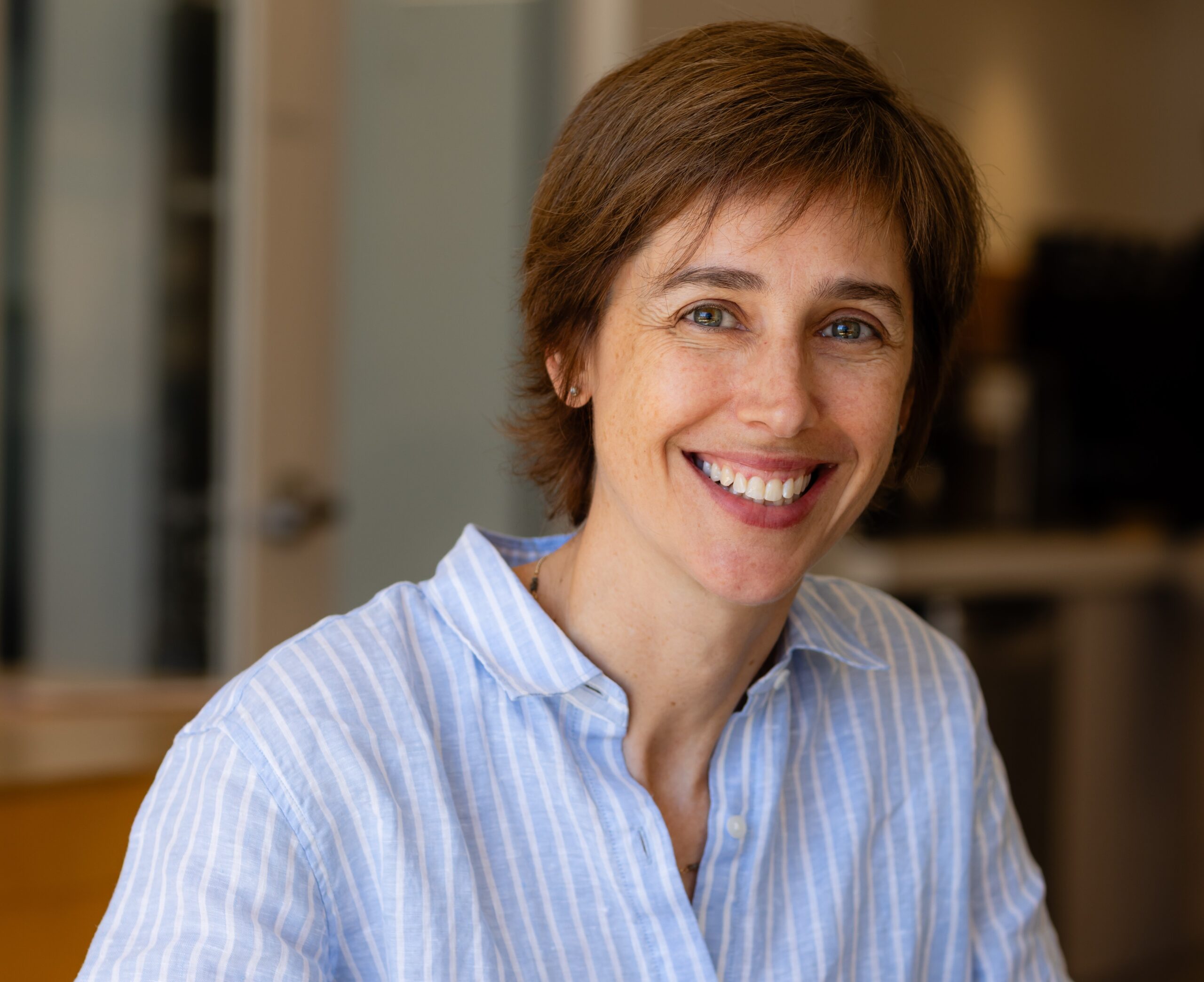Student-run AI clubs are filling a vital knowledge gap
How AI enthusiasts are disrupting linear learning.

Even though Nimit Bhanshali has taken a handful of artificial intelligence-focused courses while studying computer science at the University of Toronto, he doubts what he’s learned in class has prepared him for a machine learning engineering role at a top company.
“The unfortunate thing … is that AI is developing at a very fast pace, and universities cannot keep up with it, especially at an undergraduate level,” he said.
Luckily, Mr. Bhanshali also served as the director of partnerships at University of Toronto AI, which provides an alternative platform for students across disciplines to explore the growing field.
Fuelled by the challenges and constraints of implementing AI education within a linear postsecondary system that prioritizes theory before practice, student-run AI clubs are increasingly filling a vital knowledge gap for equipping the future workforce.
Queen’s University’s QMIND, which stands for Queen’s Machine Intelligence and Neuroevolution Design, was founded in 2018 as a response to this lack of accessibility.
Rodrigo Del Aguila, QMIND’s managing director of development, said the club aims to break down barriers by offering research opportunities, consulting projects and its annual Camp QMIND, which attracted more than 180 attendees in 2023.
“People just want to get their hands on [AI] as early as possible. And we personally think that there shouldn’t be a restriction,” said Mr. Del Aguila, who studies computer engineering.
The experience he’s gained through QMIND, he said, inspired him to envision a career in AI. “In the future, I’m really set out to be a person who can take an idea and turn it into a product.”
QMIND caught the attention of University of Waterloo software engineering student Leonardo Montes Quiliche, who serves as the club’s director of external relations. He said he is keenly aware of AI’s disruptive potential.
“I like to build, and AI – it’s this amazing building block that’s just so present,” he said. “I know inevitably, wherever I want to go, AI will be right there by my side.”
For these students, their club represents an alternative way for self-starters to reach their potential.
“It’s … all about passion. No one is paying us. We’re doing this because we love it and because we want to help others,” said Mr. Montes Quiliche.
Featured Jobs
- Canada Excellence Research Chair in Forest Biodiversity Conservation (Full Professor)University of New Brunswick
- Canada Excellence Research Chair in Energy TransitionsUniversité du Québec à Trois-Rivières (UQTR)
- Business – Lecturer or Assistant Professor, 2-year term (Strategic Management) McMaster University
- Education - Assistant Professor (Distance Education)University of Toronto
- Canadian Politics - Assistant ProfessorUniversity of Toronto













Post a comment
University Affairs moderates all comments according to the following guidelines. If approved, comments generally appear within one business day. We may republish particularly insightful remarks in our print edition or elsewhere.